On October 24th, 2023, Sustainable Campus held our Fall Festival in the Seminole Organic Garden. Celebrating Halloween, Fall, and the ten-year anniversary of the Garden, it was a big celebration. The festival featured outdoor games, upcycled tote bag creation and decorations, birthday wishes for the Garden, and, the main event, a sustainable costumes contest. Read here to find out more about the winning costumes, the students behind them, and what sustainability principles guided their way.
Blog
2023
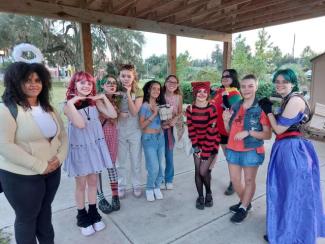
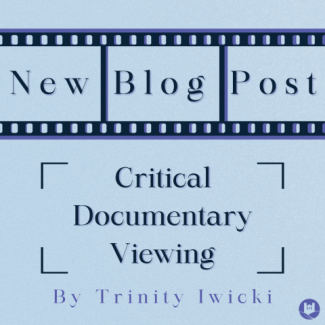
Environmental documentaries often fall under three categories: entertainment, information, and influence, and inherently cannot escape the bias of their nature as a result. This in itself isn’t a bad thing, it’s just the way of media. This blog post explores some common tactics seen across environmental documentaries. This way, viewers can be aware of what these tropes look like in practice and how they affect the message and presentation of the film.
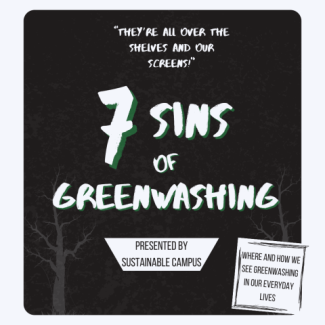
They’re all over the shelves and our screens. From products in the grocery store labeled “All Natural” with no elaboration to commercials filled with images of trees and rivers for natural gas companies, “greenwashing” has infiltrated our advertising world. Greenwashing is a term that refers to making practices, policies, or products appear to be more environmentally friendly than they actually are.
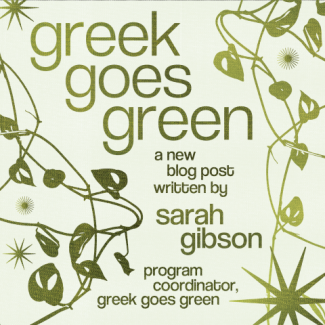
The Greek Goes Green Program (GGG), a student-run partnership between Sustainable Campus and FSU’s Office of Fraternity and Sorority Life, is focused on educating and engaging the Greek community on sustainable living practices. GGG began at Florida State many years ago but was brought back in the Spring of 2022 because Sustainable Campus assessed the untapped potential for sustainability initiatives within Greek life. Over these past two years, the GGG program has developed into a full-functioning program and continues to grow and gain new chapters each semester.
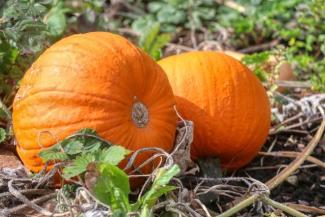
As Halloween draws near, it’s time to start figuring out decorations for the house, apartment, or even dorm. Pumpkins and Jack-o-Lanterns are a staple of the Halloween decoration market. However, these iconic carved gourds eventually rot, and every year after Halloween around 1.3 billion pounds of pumpkin end up in landfills around the United States. So how can we get our spooky decorations to last longer and turn this environmental trick into a treat for the planet?
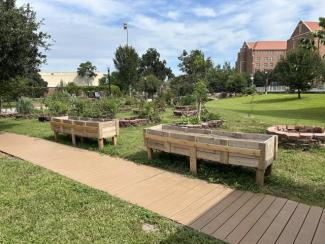
Gardening is a well-loved hobby for many, and has been shown to have positive benefits for gardeners’ physical and mental health. There are ways to make this leisurely activity accessible for everyone, regardless of age, physical ability, or limitations. Within the Seminole Organic Garden, Sustainable Campus has been working on creating an accessible space for the FSU community.
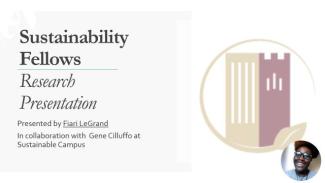
Partner: Sustainable Campus
Project: FSU Sustainability Highlight Tour & Resource Guide
Student: Fiari LeGrand
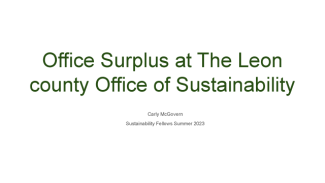
Partner: Leon County Office of Sustainability
Project: Sustainable Surplus
Student: Carly McGovern
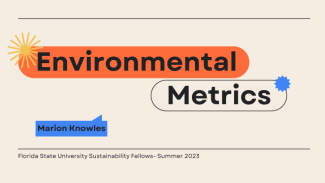
Partner: Sustainable Campus
Project: FSU Annual Environmental Metrics Report
Student: Marion Knowles
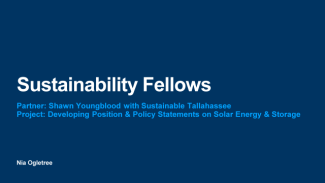
Partner: Sustainable Tallahassee
Project: Position Statements
Student: Nia Ogletree
